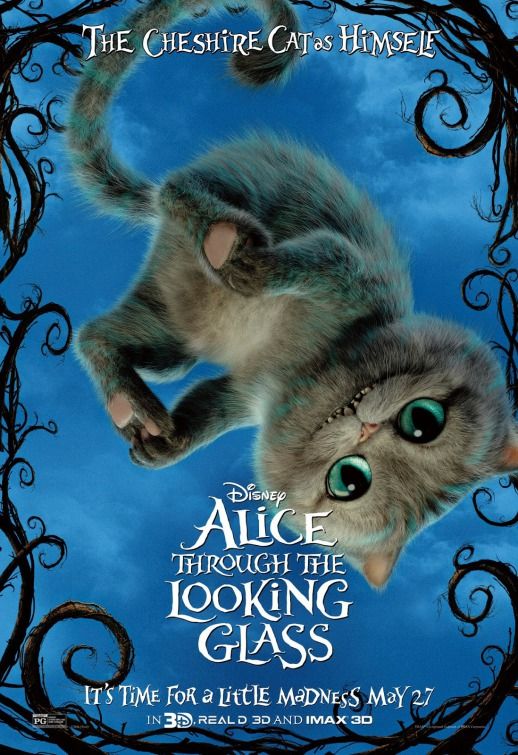"You're going to fly
High in the sky
You want your place in the sun"
"Place In The Sun" - Chris Child
High in the sky
You want your place in the sun"
"Place In The Sun" - Chris Child
Everybody should have the right to earn a living out of what they like to do. I think denying that would be far away from following my own argumental line and even further away from advocating for human freedom. However, when it comes to culture, I think there is an ethical black hole in the way this aspect is being treated.
 Yes, before you ask, I endorse piracy. It is illegal, and it harms the people I admire the most, but it has that effect because of reasons far from the grasp and control of those commiting that illegality. Let me be clear about it, if an artist is known enough, the fact that their content is available for free makes them even more known by system: everyone can know them without paying a cent; and also makes those who already know the artist able to enjoy all of their content regardless of their economic position. And, if the artist is good enough, a big enough fraction of their fanbase will voluntarily want to pay of that content in order to support its creator: I have bought music myself, but the same tracks I acquired by paying are tracks I had downloaded for free previously so I could be sure they were good enough.
Yes, before you ask, I endorse piracy. It is illegal, and it harms the people I admire the most, but it has that effect because of reasons far from the grasp and control of those commiting that illegality. Let me be clear about it, if an artist is known enough, the fact that their content is available for free makes them even more known by system: everyone can know them without paying a cent; and also makes those who already know the artist able to enjoy all of their content regardless of their economic position. And, if the artist is good enough, a big enough fraction of their fanbase will voluntarily want to pay of that content in order to support its creator: I have bought music myself, but the same tracks I acquired by paying are tracks I had downloaded for free previously so I could be sure they were good enough.I advocate for culture, and I sure do advocate for those enjoying it to support their creator, but I also do advocate for freedom and sharing of ideas, concepts and feelings, and I think that is what art is. The reason why artists are suffering from piracy is no other than the unnecessarily overgrowing comission promotors, record labels and other
The closing of goear for Spanish computers and devices, for example, comes to my mind. I've always used goear as a reliable source for audios, music and other platforms I'm happy to use in my blog. It's not forbidden in many countries, and it appears as obvious to me that if our government was based on any other pronciple than money greed it wouldn't even be so here.
